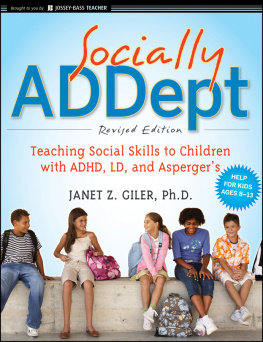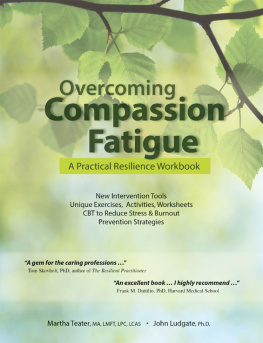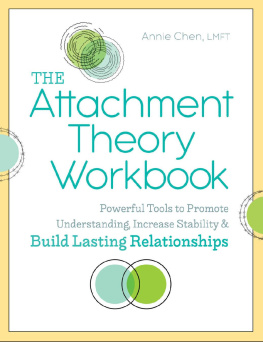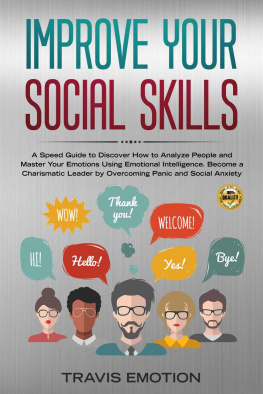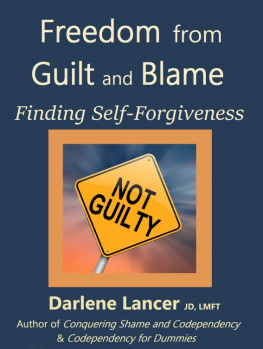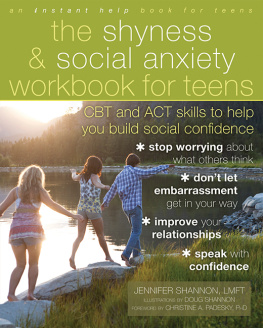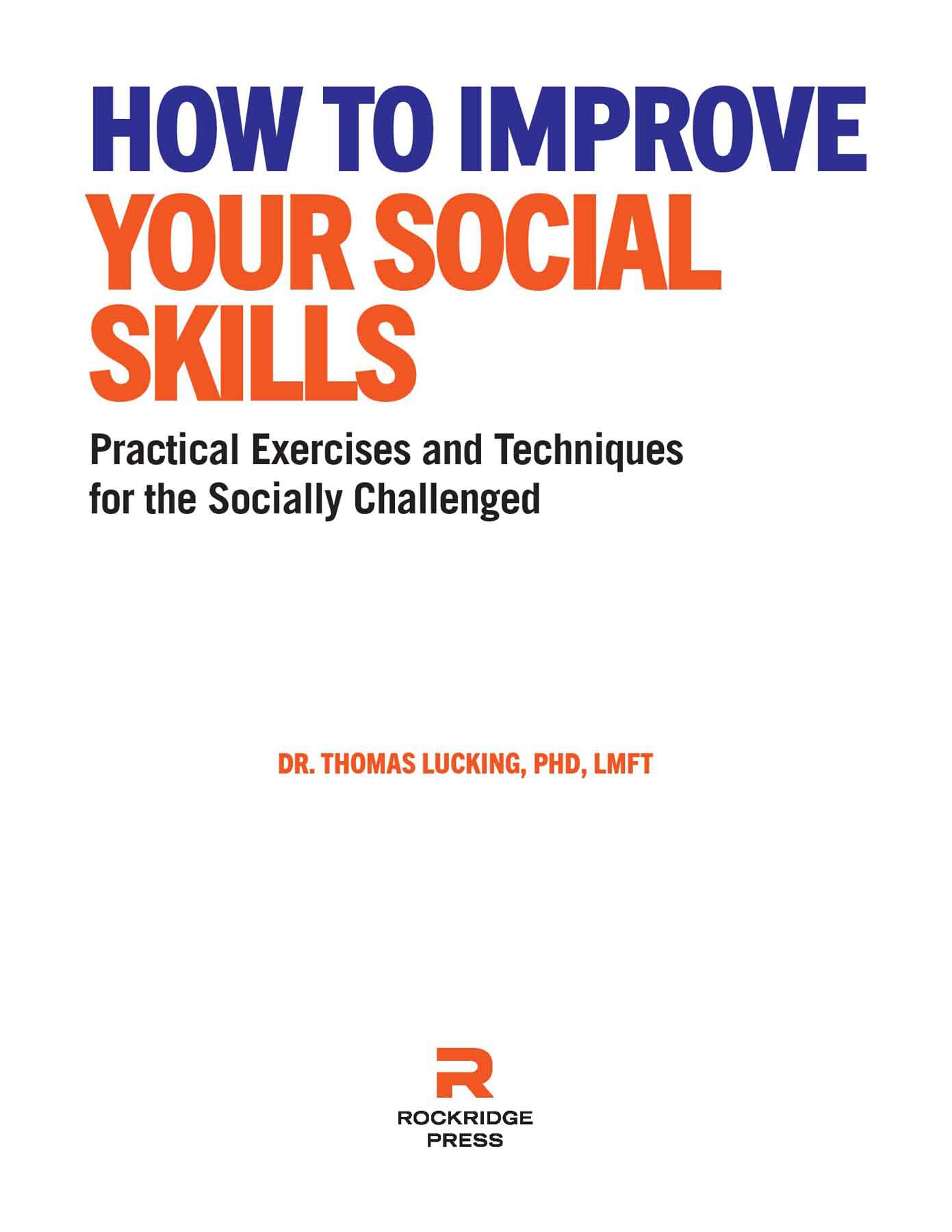
Copyright 2020 by Rockridge Press, Emeryville, California
No part of this publication may be reproduced, stored in a retrieval system, or transmitted in any form or by any means, electronic, mechanical, photocopying, recording, scanning, or otherwise, except as permitted under Sections 107 or 108 of the 1976 United States Copyright Act, without the prior written permission of the Publisher. Requests to the Publisher for permission should be addressed to the Permissions Department, Rockridge Press, 6005 Shellmound Street, Suite 175, Emeryville, CA 94608.
Limit of Liability/Disclaimer of Warranty: The Publisher and the author make no representations or warranties with respect to the accuracy or completeness of the contents of this work and specifically disclaim all warranties, including without limitation warranties of fitness for a particular purpose. No warranty may be created or extended by sales or promotional materials. The advice and strategies contained herein may not be suitable for every situation. This work is sold with the understanding that the Publisher is not engaged in rendering medical, legal, or other professional advice or services. If professional assistance is required, the services of a competent professional person should be sought. Neither the Publisher nor the author shall be liable for damages arising herefrom. The fact that an individual, organization, or website is referred to in this work as a citation and/or potential source of further information does not mean that the author or the Publisher endorses the information the individual, organization, or website may provide or recommendations they/it may make. Further, readers should be aware that websites listed in this work may have changed or disappeared between when this work was written and when it is read.
For general information on our other products and services or to obtain technical support, please contact our Customer Care Department within the United States at (866) 744-2665, or outside the United States at (510) 253-0500.
Rockridge Press publishes its books in a variety of electronic and print formats. Some content that appears in print may not be available in electronic books, and vice versa.
TRADEMARKS: Rockridge Press and the Rockridge Press logo are trademarks or registered trademarks of Callisto Media Inc. and/or its affiliates, in the United States and other countries, and may not be used without written permission. All other trademarks are the property of their respective owners. Rockridge Press is not associated with any product or vendor mentioned in this book.
Interior and Designer: Diana Haas
Art Producer: Tom Hood
Editor: Shannon Criss
Photography Irochka_T/iStock, cover; interior photograph mikdam/iStock.
ISBN: Print 978-1-64739-644-2 | eBook 978-1-64739-645-9
R0
This book is dedicated to those who struggle with social interactions. I am humbled by and grateful to my patients who have vulnerably shared their journey and allowed our work to be a catalyst for transformation for themselves and future generations.
CONTENTS
My name is Dr. Thomas Lucking, and I am the founder of Silicon Valley Therapy, where I serve as the clinical director. We are a health care group practice that offers psychological and coaching services to clients in the San Francisco Bay Area and beyond. It is from this vantage point that I look out upon a world of seven billion people trying to relate to one another, the world they inhabit, and their psychospiritual selves.
My professional career began after obtaining an undergraduate degree in computer science, and then a follow-up career as a software engineer. I was attracted to digital technology because of its interactive nature. Computers are predictable; they do what you tell them to do (not always what you want them to do). Their language is pure logic; they do not emit emotions. In fact, it was only my emotions that needed to be managed when the computer didnt do what I wanted.
At Silicon Valley Therapy, we are immersed in relationships every day: from individuals struggling with loneliness, to couples trying to make sense of a wounded relationship, to families dealing with alienation and resentment. The human social landscape is laden with challenges.
People are highly motivated by pain. My colleagues and I dont typically meet many of our clients until their symptoms have devolved to a level of suffering that impedes their daily functioning and well-being. This is unfortunate because the longer one waits with a problem, the more difficult it is to turn it around.
When assessing symptoms during a new client intake, relationships of one kind or another are always involved. The stress that is created from a lack of healthy social nurturing creates downstream psychological and physical health problems. The Holmes and Rahe Stress Scale assigns points for life stressors and then presents the probability that a given stressor will lead to physical illness. Some research reports that 70 percent of people in hospitals are there because of chronic stress.
Relationships are a big deal. They make life worth living. The British writer and theologian C. S. Lewis believed that friendships were like philosophy and art. Neither are domains of human achievement, but they do increase the value of surviving. Whats more important: to be financially independent or to be loved? Why is there no direct correlation between wealth and happiness?
Before approaching the information shared in the following pages, consider the following questions: How is the health of your relationships? Do you have friends outside of your immediate family? Are you a good communicator? What is your strategy for managing disagreements and conflict? Are you transparent with your emotions in your relationships? Do you hold grudges and resentment with anyone?
Why are social skills important, desired, and sought after? The short answer is because people are wired to be social. We are naturally curious about other people and have a desire to connect with them. Our values, core beliefs, and identities are formed out of our connection with other people and with groups that have identities of their own. Its almost as if our solitary self is handicapped and we need others to move us closer to wholeness, which enables us to make sense of ourselves and the world around us. However, to form these desired connections, we need social skills. But what exactly are social skills? Part 1 of this book will define and describe these skills and discuss the challenges that make it difficult to overcome social fears. These chapters will also provide guidelines that will help you identify areas where you struggle with social interactions as well as questions and prompts that will help you set goals for success as you move forward with your social skills journey.

S ocial skills are necessary for higher levels of well-being. Positive psychology presents the necessary components of well-being, and healthy relationships are among them. In contrast to relationships, another component of well-being is personal achievement. Our well-being improves through achievements such as solving a problem, winning an award, closing a deal, or reaching a life goal. Relationships are different from personal achievement in that they dont always have a goal. That is to say, relationships feed our social needs in a way that doesnt always produce a measurable outcome. If one is to reach a high level of well-being or to flourish, all areas of well-being must be addressed.





